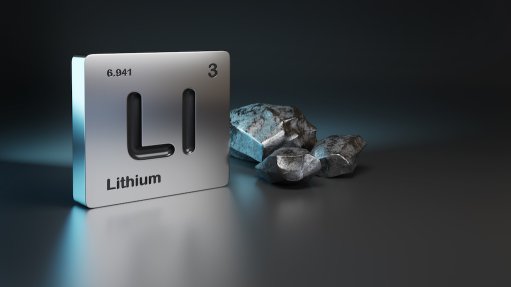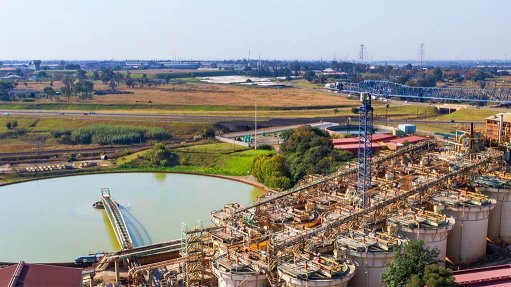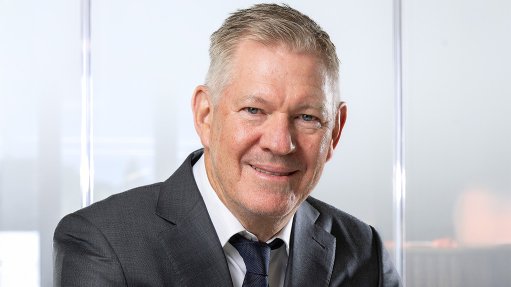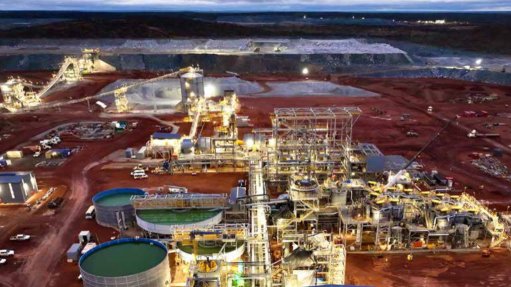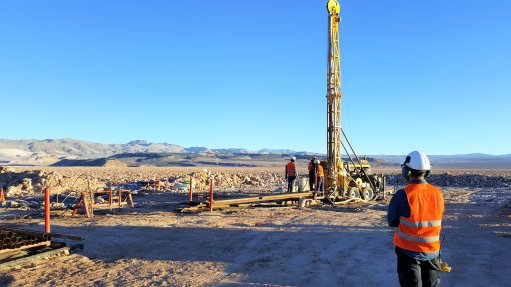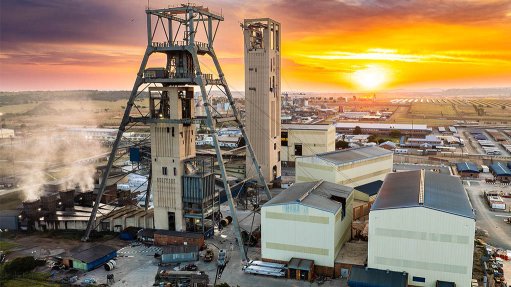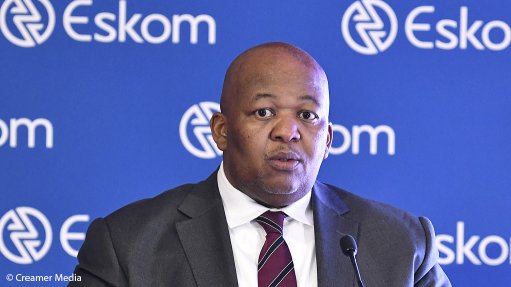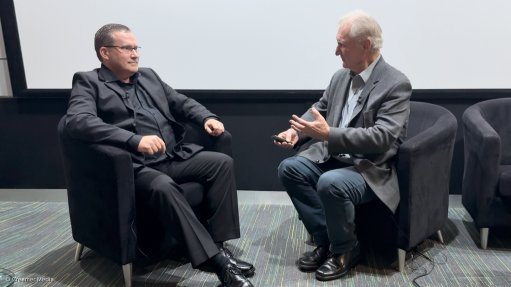Tanzania gets renewed hope to transform mining industry with Hassan administration – Leon
The “change of tone” brought by Tanzania’s new President Samia Suluhu Hassan over the past month could indicate a welcome new economic direction for the country, professional services firm Herbert Smith Freehills partner and Africa co-chairperson Peter Leon says.
In March, former Tanzania President John Magufuli died from a heart-related illness, with then Deputy President Hassan taking over his duties and effecting many changes to government policy, chiefly the country’s stance on the Covid-19 pandemic with a shift away from denialism towards scientific understanding and the associated management of the virus and its impacts.
Prior to his election as President, electoral support for the Chama Cha Mapinduzi (CCM) party declined from 80% in 2005, to 58% in 2015. In response to the CCM’s ailing support, Magufuli campaigned on a platform of anticorruption and fiscal discipline, as well as recommitting the country to Julius Nyerere's economic philosophy of “socialism and self-reliance” – dubbed Ujamaa.
Both during and after his election campaign, Magufuli made foreign mining companies a common target for attack in his public speeches and branded foreign mining companies generally as “people who call themselves investors with the intention of stealing from Tanzanians”, claiming that “trillions of shillings were stolen”, Leon points out.
This stance came to the fore in March 2017, when the then Ministry of Energy and Minerals announced a total ban on the export of unprocessed mineral concentrates and ores. Subsequently, in April 2017, Magufuli established two committees to investigate the mining sector.
This was followed by a “lightning fast” legislative process entailing “little meaningful public participation” lasting only six days in July 2017, after which Magufuli assented to three new laws which significantly increased government control over the extractives sector.
These included the Natural Wealth and Resources Contracts (Review and Renegotiation of Unconscionable Terms) Act; the Natural Wealth and Resources (Permanent Sovereignty Act) Act; and the Written Laws Act, which amended the Mining Act.
Besides other things, the laws, with immediate effect, mandated the government to renegotiate any investor-State contract terms that Parliament deemed “unconscionable”, and to treat them as “expunged” if the renegotiations were unsuccessful or unsatisfactory to Parliament.
The laws also entitled the Tanzanian government to a minimum 16% free-carried equity stake in the holder of a mining right (which may be increased to 50%); and included a ban on exports and restrictions on the handling of raw minerals. The laws also raised royalties to 6%, restricted the repatriation of investments and returns and prohibited mining companies from keeping earnings in offshore bank accounts, while also limiting recourse to international arbitration.
However, even under the Magufuli administration, Leon says some of the stricter requirements were significantly softened in February 2019.
NEW HOPE?
To address the harm inflicted on the investment environment by the Magufuli administration, Leon says the Hassan administration should follow a two-pronged approach, in which it amends the Unconscionable Terms Act that threatens licensees’ security of tenure in the country.
“Security of tenure is of paramount importance to mining companies and investors given the capital intensive nature of mining and the long lead times between exploration and production,” he says.
To ensure the government does not compound the general trust deficit, Leon advises that the Hassan administration adopt a well-balanced approach that seeks to give effect to mining companies’ right to mine, as well as Tanzania’s right to benefit from its mineral wealth.
In this regard, he points out that the Organisation for Economic Cooperation and Development’s guiding principles for durable extractive contracts, proposes a useful framework which host governments and investors may consider when they negotiate enduring, sustainable and mutually-beneficial extractive contracts.
Secondly, Leon says Tanzania’s new government should either amend or remove the provisions of the Permanent Sovereignty Act, the Mining Act (as amended) and the regulations published under the Mining Act.
Currently, these regulations impose overly-harsh obligations on licensees, permit legal processes that are unfair and opaque, and vest too much discretion in government officials, especially the Mining Commission, he states.
Ultimately, Leon says Hassan should seek to establish a stable and predictable regulatory environment.
“Predictability, as a component of certainty, is established where investors recognise that rules are implemented in a specific way and achieve their objectives in a foreseeable manner. This promotes investor confidence.”
Comments
Press Office
Announcements
What's On
Subscribe to improve your user experience...
Option 1 (equivalent of R125 a month):
Receive a weekly copy of Creamer Media's Engineering News & Mining Weekly magazine
(print copy for those in South Africa and e-magazine for those outside of South Africa)
Receive daily email newsletters
Access to full search results
Access archive of magazine back copies
Access to Projects in Progress
Access to ONE Research Report of your choice in PDF format
Option 2 (equivalent of R375 a month):
All benefits from Option 1
PLUS
Access to Creamer Media's Research Channel Africa for ALL Research Reports, in PDF format, on various industrial and mining sectors
including Electricity; Water; Energy Transition; Hydrogen; Roads, Rail and Ports; Coal; Gold; Platinum; Battery Metals; etc.
Already a subscriber?
Forgotten your password?
Receive weekly copy of Creamer Media's Engineering News & Mining Weekly magazine (print copy for those in South Africa and e-magazine for those outside of South Africa)
➕
Recieve daily email newsletters
➕
Access to full search results
➕
Access archive of magazine back copies
➕
Access to Projects in Progress
➕
Access to ONE Research Report of your choice in PDF format
RESEARCH CHANNEL AFRICA
R4500 (equivalent of R375 a month)
SUBSCRIBEAll benefits from Option 1
➕
Access to Creamer Media's Research Channel Africa for ALL Research Reports on various industrial and mining sectors, in PDF format, including on:
Electricity
➕
Water
➕
Energy Transition
➕
Hydrogen
➕
Roads, Rail and Ports
➕
Coal
➕
Gold
➕
Platinum
➕
Battery Metals
➕
etc.
Receive all benefits from Option 1 or Option 2 delivered to numerous people at your company
➕
Multiple User names and Passwords for simultaneous log-ins
➕
Intranet integration access to all in your organisation





